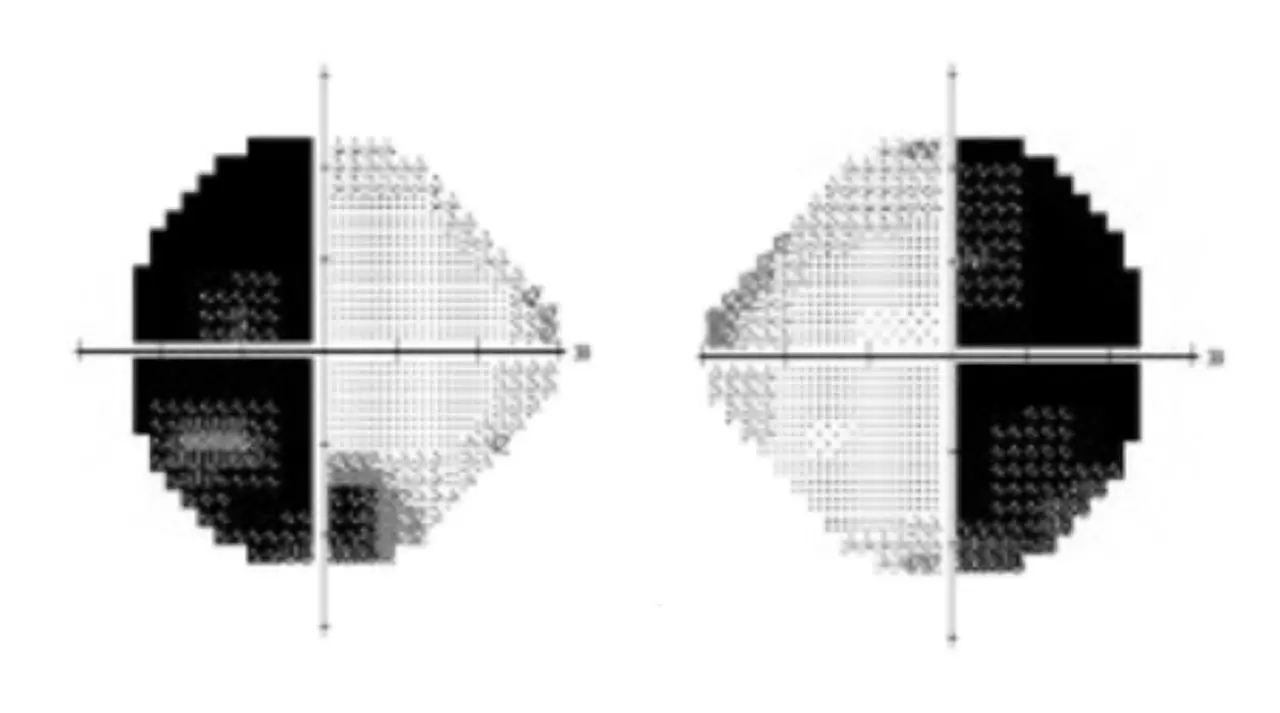- Home
- Medical news & Guidelines
- Anesthesiology
- Cardiology and CTVS
- Critical Care
- Dentistry
- Dermatology
- Diabetes and Endocrinology
- ENT
- Gastroenterology
- Medicine
- Nephrology
- Neurology
- Obstretics-Gynaecology
- Oncology
- Ophthalmology
- Orthopaedics
- Pediatrics-Neonatology
- Psychiatry
- Pulmonology
- Radiology
- Surgery
- Urology
- Laboratory Medicine
- Diet
- Nursing
- Paramedical
- Physiotherapy
- Health news
- Fact Check
- Bone Health Fact Check
- Brain Health Fact Check
- Cancer Related Fact Check
- Child Care Fact Check
- Dental and oral health fact check
- Diabetes and metabolic health fact check
- Diet and Nutrition Fact Check
- Eye and ENT Care Fact Check
- Fitness fact check
- Gut health fact check
- Heart health fact check
- Kidney health fact check
- Medical education fact check
- Men's health fact check
- Respiratory fact check
- Skin and hair care fact check
- Vaccine and Immunization fact check
- Women's health fact check
- AYUSH
- State News
- Andaman and Nicobar Islands
- Andhra Pradesh
- Arunachal Pradesh
- Assam
- Bihar
- Chandigarh
- Chattisgarh
- Dadra and Nagar Haveli
- Daman and Diu
- Delhi
- Goa
- Gujarat
- Haryana
- Himachal Pradesh
- Jammu & Kashmir
- Jharkhand
- Karnataka
- Kerala
- Ladakh
- Lakshadweep
- Madhya Pradesh
- Maharashtra
- Manipur
- Meghalaya
- Mizoram
- Nagaland
- Odisha
- Puducherry
- Punjab
- Rajasthan
- Sikkim
- Tamil Nadu
- Telangana
- Tripura
- Uttar Pradesh
- Uttrakhand
- West Bengal
- Medical Education
- Industry
Fluoxetine may improve visual field defects among patients with stroke-related vision loss

Fluoxetine may improve visual field defects among patients with stroke-related vision loss suggests a new study published in the Journal of Neuro-Ophthalmology
Poststroke homonymous hemianopia is disabling, and complete spontaneous recovery is rare. In this randomized, placebo-controlled, double-blind, pilot clinical trial, we tested whether fluoxetine enhances vision recovery after stroke.
They randomized 17 consecutive adults 1:1 to 90 days of fluoxetine 20 mg daily vs placebo within 10 days of an ischemic stroke causing isolated homonymous hemianopia. The primary end point was percent improvement in 24-2 automated perimetry at 6 months. Twelve participants completed the study. Clinical trial registration NCT02737930.
Results:
Intention-to-treat analysis of the primary end point, percent improvement in perimetric mean deviation, showed a nonsignificant benefit of fluoxetine (64.4%, n = 5) compared with placebo (26.0%, n = 7, one-tailed 95% confidence interval (CI) = (−2.13, ∞), P = 0.06). The original blind field completely recovered in 60% receiving fluoxetine and 14% receiving placebo (odds ratio = 7.22, one-tailed 95% CI = (0.50, ∞)).
These results suggest a trend in favor of fluoxetine for vision recovery after stroke and have the potential to inform the design of a larger multicenter trial.
Reference:
Schneider, Colleen L. PhD; Prentiss, Emily K. BS; Busza, Ania MD, PhD; Williams, Zoë R. MD; Mahon, Bradford Z. PhD; Sahin, Bogachan MD, PhD. FLUORESCE: A Pilot Randomized Clinical Trial of Fluoxetine for Vision Recovery After Acute Ischemic Stroke. Journal of Neuro-Ophthalmology 43(2):p 237-242, June 2023. | DOI: 10.1097/WNO.0000000000001654
Keywords:
Fluoxetine, may, improve, visual field, defects, among, patients, stroke-related, vision loss,Journal of Neuro-Ophthalmology, Schneider, Colleen L. PhD; Prentiss, Emily K. BS; Busza, Ania MD, PhD; Williams, Zoë R. MD; Mahon, Bradford Z. PhD; Sahin, Bogachan
Dr. Shravani Dali has completed her BDS from Pravara institute of medical sciences, loni. Following which she extensively worked in the healthcare sector for 2+ years. She has been actively involved in writing blogs in field of health and wellness. Currently she is pursuing her Masters of public health-health administration from Tata institute of social sciences. She can be contacted at editorial@medicaldialogues.in.
Dr Kamal Kant Kohli-MBBS, DTCD- a chest specialist with more than 30 years of practice and a flair for writing clinical articles, Dr Kamal Kant Kohli joined Medical Dialogues as a Chief Editor of Medical News. Besides writing articles, as an editor, he proofreads and verifies all the medical content published on Medical Dialogues including those coming from journals, studies,medical conferences,guidelines etc. Email: drkohli@medicaldialogues.in. Contact no. 011-43720751


